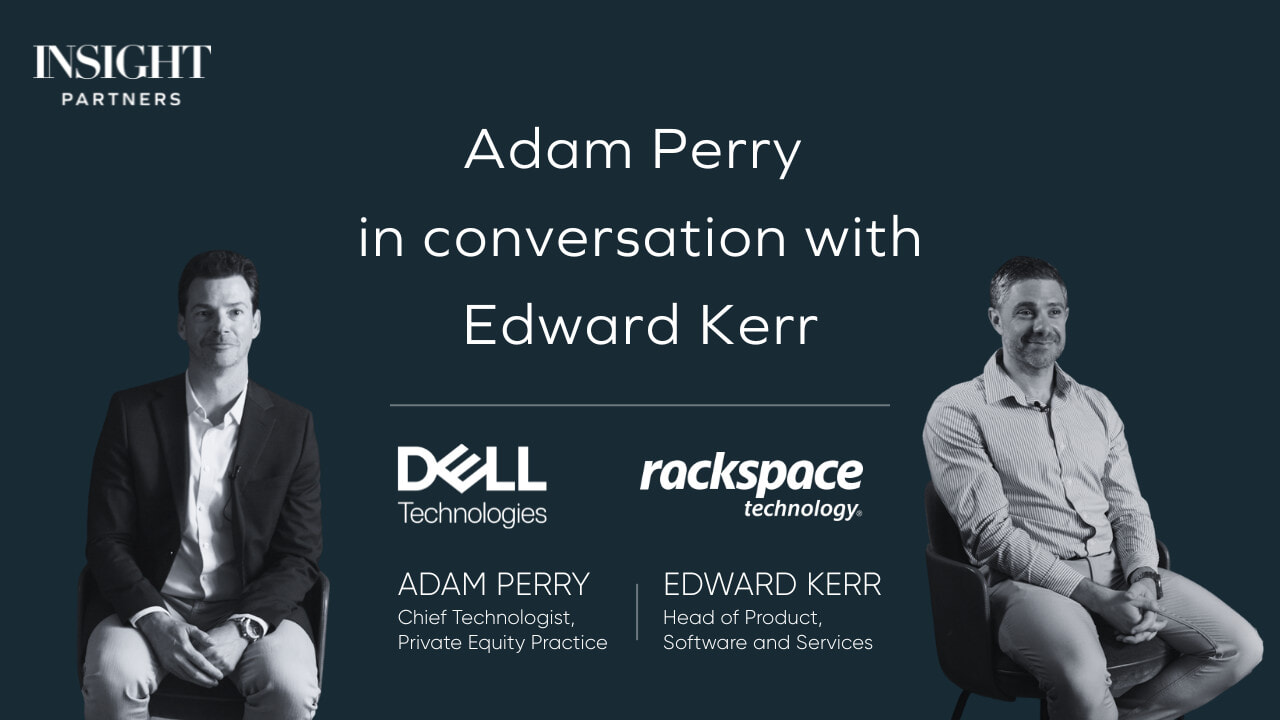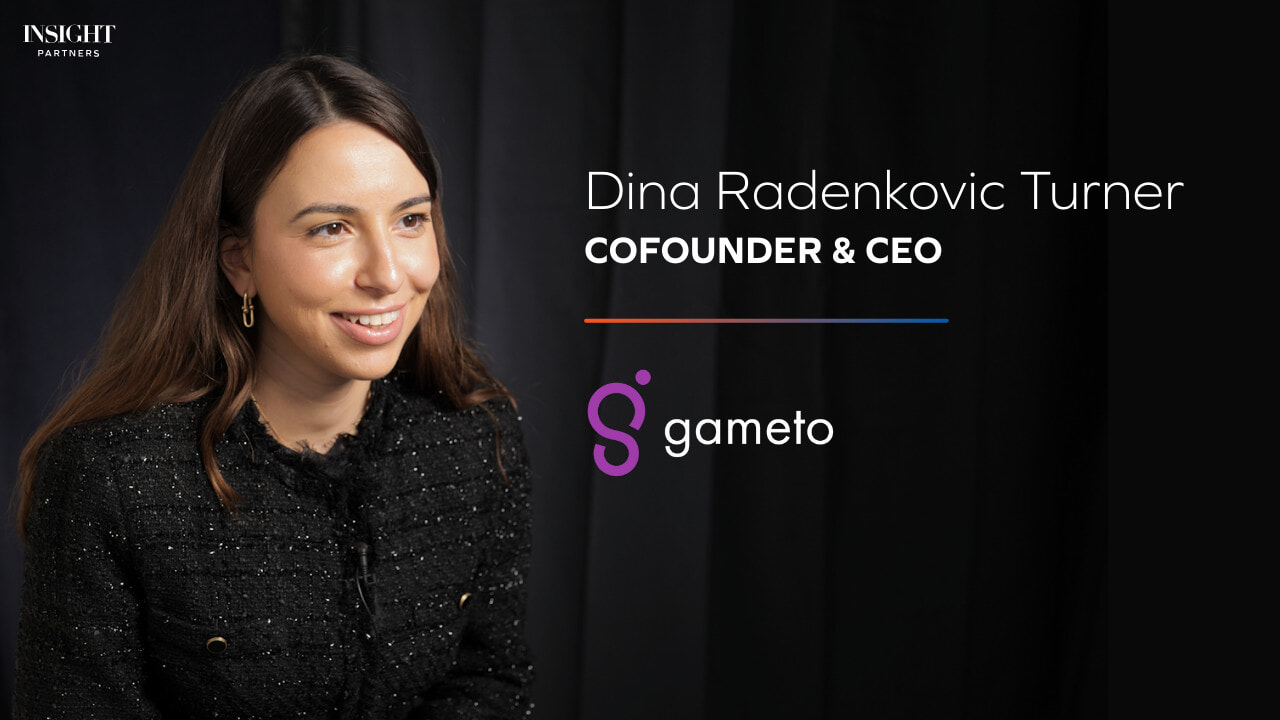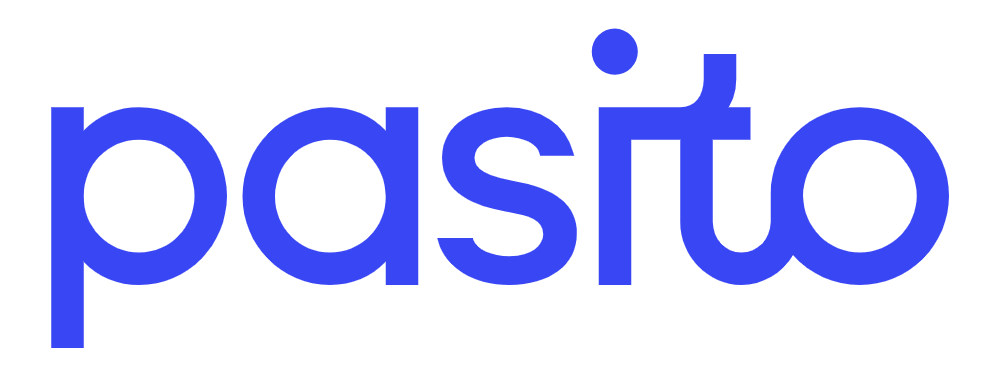May Habib is challenging a $13 billion incumbent with Writer — and it looks like she’s winning

May Habib’s previous company, Qordoba, was around two years old when an AI research paper was published that would change the course of her career – and the wider AI world.
Titled ‘Attention Is All You Need,’ the June 2017 paper introduced the world – including Habib and co-founder Waseem Alshikh – to the concept of AI transformers, a type of deep learning architecture that excelled at learning and applying context. This novel technology would eventually underpin a new era for artificial intelligence.
At the time, Qordoba specialized in machine language translation, allowing customers to automatically localize their content for different regions and languages.
“In localization, you get a bird’s eye view of all the content that exists across the business. When you’re about to enter a new market, everything you do needs to go into that language,” says Habib. “We had that front-row seat to all the complexity and chaos that a company’s user journey usually comprised.”
Transformers offered a potential opportunity, Habib and Alshikh reckoned, to go beyond translating, say, French to English, and instead to translate off-brand content to on-brand content. “That felt like a very big, greenfield opportunity.”
Launching Writer in 2020
Habib and Alshikh thought about the potential of transformers for a few more years before launching Writer in September 2020. Writer would take the core principle of Qordoba – taking content in one language and translating it into another – and abstract it slightly.
The tool could quickly convert inconsistently branded content into usable text. Just as Qordoba’s artificial intelligence could learn the grammar and style of one language and translate into it, so Writer could learn the grammar, style, and nuances of an established brand messaging document.
It could then translate non-conforming content into something that would sit comfortably on a brand’s website.
It wasn’t just the underlying principle of Qordoba’s product that inspired Writer: Habib’s experience as founder informed every aspect of running the business at Writer.
“We learned a lot about what it takes to get software sold,” she says. “We had a lot of first-hand experience of stakeholder management and buying committees. From a go-to-market perspective and a product-hook perspective, we learned a lot. And on hiring, talent, and management, it was invaluable to have that experience before Writer.”
“We wanted to compete and beat them”
Writer launched into a market with an established incumbent: Grammarly was the most similar company in the AI writing space. But Habib saw that $13 billion company’s existence in the space as a reason to compete, not an excuse to avoid the sector.
“We wanted to compete and beat them at two angles,” she says. “We wanted to go from being able to edit content to creating content, and really do it from a place of trust, not weirdness. The second thing was, we wanted to beat them at privacy, security, and enterprise readiness.”
When the company raised its $5 million seed funding in 2020, its big vision slide proclaimed that the company wanted to go from “AI-assisted writing today” to simply, “AI writing” later.
Habib quickly took the slide out of their deck when sending it to customers because “it scared the shit out of people,” she admits. Fast-forward a few years, and the conversation has changed quite a bit.
ChatGPT revolutionized the space in November 2022, and while the influx of new startups looking to capitalize on the trend for generative AI tools has raised the level of competition, it has also helped Writer position itself in the market. “What has happened post-ChatGPT is the risk associated with trying AI has gone to zero. Now you kind of look silly if you’re not logging into it.”
For example, Habib points to one individual customer who initially resisted trying the tool in its early days because of her suspicion of AI.
“It took her son bringing talk of ChatGPT home from his fourth-grade classroom for her to say: ‘Alright, fine, I’ll join one of your demos,’” Habib recalls. ChatGPT’s success was a “crossing-the-chasm” moment that helped bring customers along.
Winning people over, one by one
But before then, Writer had to rely on hard work – and word of mouth. “It involved winning people over, one by one,” she says. “Those early years were definitely just going to people and showing them how it worked.”
It took until the first quarter of 2021 to get to over 50% of users actively using Writer daily rather than monthly.
One firm that didn’t take much convincing was Insight Partners, which invested in the company a full year before ChatGPT was released by OpenAI.
Habib’s executive coach introduced her to Deven Parekh, managing director of the firm. Habib took a meeting with Insight, where she was impressed.
“I could see from the first 10 minutes of the conversation they were way ahead on AI compared to everybody else we were talking to,” she says. “We got multiple term sheets over the next couple of weeks. It was clear to me they were really going to understand the space and give us the time to really develop the enterprise approach.”
Meanwhile, Writer impressed Insight because it had tripled its annual run rate (ARR) in the previous year. It had also expanded its user base to 150 companies, including Deloitte, Bill.com, and Vistaprint.
Insight Partners led a $21 million Series A investment in Writer in November 2021.
Scale up your career: See all open roles at Writer on the Insight Partners job board.
The investor POV

“[May] tracked me down and got me on the phone […] and the first thing she said was: ‘I need you to take my independent board seat.’”
Whitney Bouck’s involvement with Writer bridged her transition into Insight: She joined the firm as a part-time consultant in March 2021, and went full-time as a Managing Director in January 2022, getting to know Writer and Habib along the way.
“May is a force of nature,” says Bouck. “And she is totally unabashed at going after anything, and everything she thinks will help grow her business.”
That extends to Habib’s interactions with Bouck herself. Habib sought out Bouck online, learning about her and watching videos of presentations and talks she’d given, before deciding that she needed Bouck on her board.
“She tracked me down and got me on the phone, and it was purportedly just to give her some advice on a few things,” recalls Bouck. “And the first thing she said was: ‘I need you to take my independent board seat.’”
Bouck demurred, saying that she wasn’t sure she could, but Habib was so keen to have Bouck on the board that Ryan Hinkle, who represented Insight on Writer’s board, gave up his seat for her. “I’ve been pretty deeply involved in the business since then,” says Bouck.
Meeting the market halfway
Back when Insight invested in Writer, they were “kind of an enterprise-grade, much easier to use, smarter version of Grammarly,” says Bouck.
The reason that Insight invested in Writer was because they had done customer interviews before, asking what users of such AI tools wanted, and customers specifically said that one of Grammarly’s shortcomings was that it felt a little “more rinky-dink compared to something like Writer,” says Bouck.
Security was also a major benefit for Writer, says Habib, in a world where many large language models (LLMs) are using user inputs to train their model for others, meaning any data inserted into the LLM could no longer be proprietary.
“A big part of our product-market fit that wasn’t there in the early days is around the security and privacy of our foundational model,” she says. “People care so much about that – rightfully so.”
But it’s also about ease of use. Writer, in the eyes of customers – and in the eyes of Insight – capitalized on an opportunity to codify and automate the taxonomy every company requires around brand style, voice, and guidelines – while eking out efficiencies along the way.
“What made them compelling and interesting was they had a differentiated product in market around the early use cases, and they invested very early in enterprise readiness,” says Bouck.
“They invested early and brought product to market quickly in this generative AI space, and were well positioned before it blew up. That let them ride this wave in a really, really impressive way.”
“I’ve seen this movie before”
Bouck believes that Writer has an 18-month window of advantage over any competitors because of its foresight.
“Nobody has this kind of setup,” she says. “They have the enterprise readiness, and they have the proof points with enterprise customers in production.”
Bouck believes that competitors who currently serve the consumer market and are trying to pivot into the enterprise sector will struggle because of the challenges in serving those two different markets.
Bouck would know about Writer’s supremacy and its ability to serve those enterprise customers. She saw Box, where she served as senior vice president for Box Enterprise and global marketing, in the same position 10 years ago. It also moved into the enterprise sector quickly – and successfully.
“I feel really good about where we are,” says Bouck. “And if we can get really solidly entrenched in the Global 2000 by the end of the year, I think we’ve got two or three years of a really, really good position. That’s what we did at Box. So I’ve seen this movie before. And I think we can do it.”
But to capitalize on that advantage, Writer needs to move quickly.
Currently at 70 employees, Writer (with the help of Insight Partners), has identified where the team has gaps and how to fill them quickly.
One area was in marketing, where someone with plenty of prior experience was needed to lead the team. An interim marketing leader was brought in speedily to handle the team until after a likely Series B raise.
“We’re actively filling the gaps,” says Bouck. “We can’t afford to have anybody who isn’t running at 100 miles per hour all the time.”
Off-the-charts engagement
Running at 100 miles per hour is paying off. The first two quarters of 2023 – and the last quarter of 2022 – have been a story of increased acceleration in sales and revenue, says Bouck.
“The pipeline for Q3 and Q4 looks even better than it did for the first half of the year,” she says. End of year revenue expectations have already been raised twice.
“May has very big dreams,” says Bouck. “I think she wants to be at $100 million at the end of next year, from closing last year around $5 million. Take a moment. That’s crazy.”
But it’s possible. “You’ve got into this snowball effect,” Bouck says. “If we’re growing that fast, we’ve got customers we have to service as they adopt and expand. So now we need to invest in customer success and things like that.”
Bouck is confident that Writer will see the word-of-mouth effect pay off dividends. “I don’t think we have any customers who aren’t willing to talk about their experience, which is also unusual in the enterprise arena, which is wonderful,” she says.
Ensuring a positive customer experience is deliberate, says Habib. “Our NPS is now over 70,” she says. “We have off-the-charts levels of engagement.” The top 25% of users spend more than 2.5 hours a day in the product. A quarter of users use it more than 15 days a month.
“Our customers are really our North Star.” she says. “Those are people who keep it real.”
Interviewed by Chris Stokel-Walker for Insight Partners.
Editor’s note: On September 18, after this interview was conducted, Writer announced a $100M Series B fundraise, which Insight Partners also participated in.







